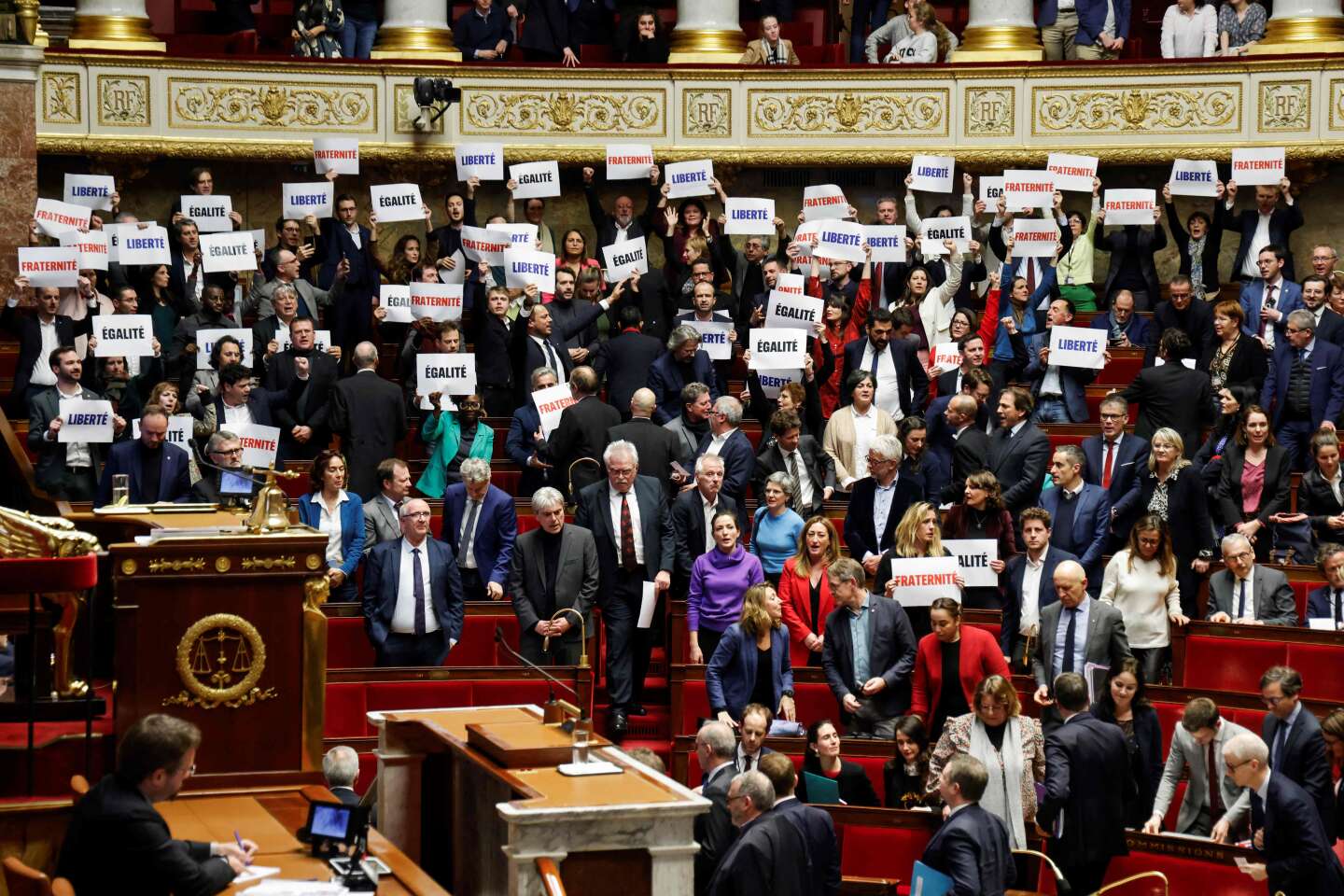


"There is no more serious problem than that of foreign labor," wrote Jean Jaurès on the front page of the newspaper L'Humanité on June 28, 1914, one month before he was assassinated. In today's context, it might seem anachronistic to invoke the great labor leader's statement, made on the eve of the First World War. And yet, at a time when the left's silence on immigration points to its disconnect with a working class that has been embraced by the far right, this phrase has resonated like a wake-up call. All the more so given the astonishingly contemporary nature of the left-wing leader's policies from that time: "to ensure freedom and solidarity for the proletariat of all countries," "to provide for the needs of national production, which often requires (...) additional foreign workers," and "to prevent employers" from using foreign workers to "drive French workers out of work and reduce their wages."
This reminder of Jaurès's "left-wing" vision of immigration control, reconciling internationalism with protections for workers, is useful in the wake of the Constitutional Council's decision to jettison many of the immigration law's provisions. This partial censure primarily reflects the cynicism of an administration that delegated to judges the "dirty work" of annulling provisions whose unconstitutionality it had itself called attention to. This farce has also been a godsend for the far right in its efforts to condemn a "government of judges against the people" and a Constitution "that prevents immigration from being controlled." But the episode has also marked a stinging defeat for the left, whose inability to influence the debate has become obvious.
Neither the smokescreen of the decision by the nine members of the Constitutional Council, which invalidates measures denounced by the left, nor the modest demonstrations against a "racist law" can conceal the fact that progressives have been sidelined on immigration − a subject on which they had long taken the lead. By tabling a motion to reject it, voting for it with the far right on December 11, 2023, and exulting after its adoption − at which point it opened an avenue for the xenophobic right − a majority of left-wing MPs have breathed a cowardly sigh of relief at having dodged a debate over which they are divided, and have lost their footing.
'Integration' policies caught in a vice
It's high time, however, that we took to heart Jaurès's observation, made over a century ago, about the economic and social (and not only moral, cultural, or identity-related) stakes involved in immigration. Since the end of the 19th century, all of the movements left over from Marxism claiming to represent the working class have navigated between the idea of international solidarity − driven by the ideal of a world without borders and therefore open to migration − and the protection of French workers against capital's "reserve army," meaning foreigner workers brought in by employers to drive down wages and divide and weaken a country's workers.
You have 50% of this article left to read. The rest is for subscribers only.
